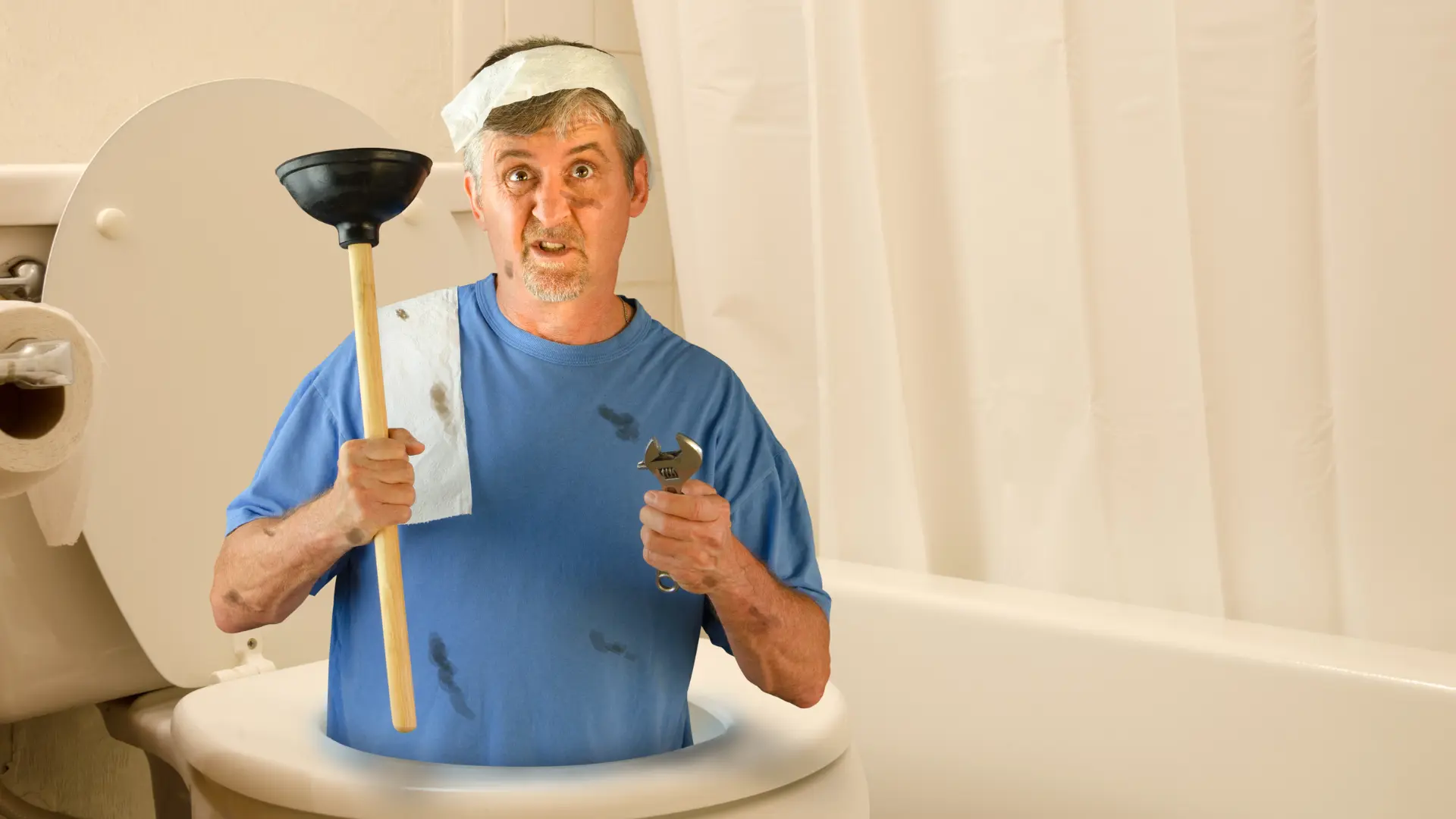As the temperatures drop, it’s important to take steps to protect your home’s plumbing system from freezing. Frozen pipes not only disrupt your water supply, but they can also lead to costly repairs if they burst.
In this article, we’ll go over some simple tips and tricks to prevent pipes from freezing during the cold winter months.
By taking a few preventive measures now, you can save yourself the hassle and expense of dealing with frozen pipes later.
What is the problem with frozen pipes?
Unfortunately, water expands when it freezes. When the water expands, it causes enormous pressure on any container that the water is in. This includes metal or plastic pipes. Expanding water can cause pipes to burst, regardless of how strong the pipe is.
The most frequent pipes that freeze are:
- Pipes that are exposed the extreme cold, such as outdoor hose bibs, pipes leading to the swimming pool and water sprinkler lines.
- Water pipes located in unheated interior spaces such as basements, crawl spaces, garages, attics, or kitchen cabinets.
- Water pipes outside the home’s exterior walls that have little or no insulation
How to protect pipes from freezing
Below are some tips to protect the pipes in your home from freezing before the cold weather hits.
- Follow the manufacturer’s instructions to drain water from your swimming pool or water sprinkler supply lines. These lines should not be filled with antifreeze unless it is specifically directed. Antifreeze can be harmful to the environment and can cause damage to wildlife, humans, and landscaping.
- Drain, remove, and store outdoor hoses. Close inside valves supplying outdoor hose bibs. To allow water to drain, open the outside hose bibs. Keep the outside valve open to allow any water left in the pipe to expand without causing it to burst.
- Insulate crawl spaces, basements, and attics. These areas will be kept warmer by insulation.
- Check the home to see if there are any other areas where water supply lines are not located in heated areas. Check under the kitchen and bathroom cabinets, as well as in the garage. Insulate pipes that are exposed, both hot and cold.
- Consider installing water pipe insulation products such as a pipe sleeve and heat tape, or other similar materials. Newspaper can provide protection and insulation for exposed pipes. Even 1/4 inch of newspaper can be sufficient to provide substantial protection in areas that don’t have prolonged or frequent temperatures below freezing.
How to prevent frozen pipes
- If there are water supply lines to the garage, keep garage doors closed.
- To allow warmer air to circulate around your plumbing, open the doors of your bathroom and kitchen cabinets. Keep any household chemicals and cleaners out of reach of children.
- Let the cold water drip from the exposed pipes’ faucets when it is very cold outside. Running water through the pipe, even at a trickle, helps to prevent pipes freezing.
- The thermostat should be set at the same temperature during the day as well as at night.
- If you are going away in cold weather, leave the heat on. Set the thermostat to at least 55 degrees.
How to best thaw frozen pipes
If the faucet only drips, it is likely you have a frozen pipe. The most likely places to find frozen pipes are against exterior walls and where water enters your home through your foundation.
Here are some tips to help thaw frozen pipes.
- Keep the faucet open. When you treat the frozen pipe, and the frozen region begins to melt away, water will flow through the frozen zone. The pipe will melt ice by running water through it.
- You can heat the pipe section using an electric heating pad wrapped around it, an electric hair dryer, an portable space heater (be sure to keep away from flammable materials), or pipes wrapped in towels soaked with hot water. You should not use a blowtorch or propane heater, kerosene or kerosene stove, or any other open flame device.
- Heat the water until it reaches full pressure again. If you are unable or unwilling to locate the frozen area, or if the pipe is frozen, contact a licensed plumber.
- To find out if there are any additional frozen pipes in your home, check all faucets. If one pipe is frozen you most likely have others.
Pipe freezes – final thoughts
Now that you understand why water pipes freeze easily in severe cold temperatures and how to best protect them from the cold air, hopefully you can avoid a pipe burst. However, if you do experience a pipe burst, turn off the water supply to the home at the main shutoff valve and call a professional plumber to assist.



